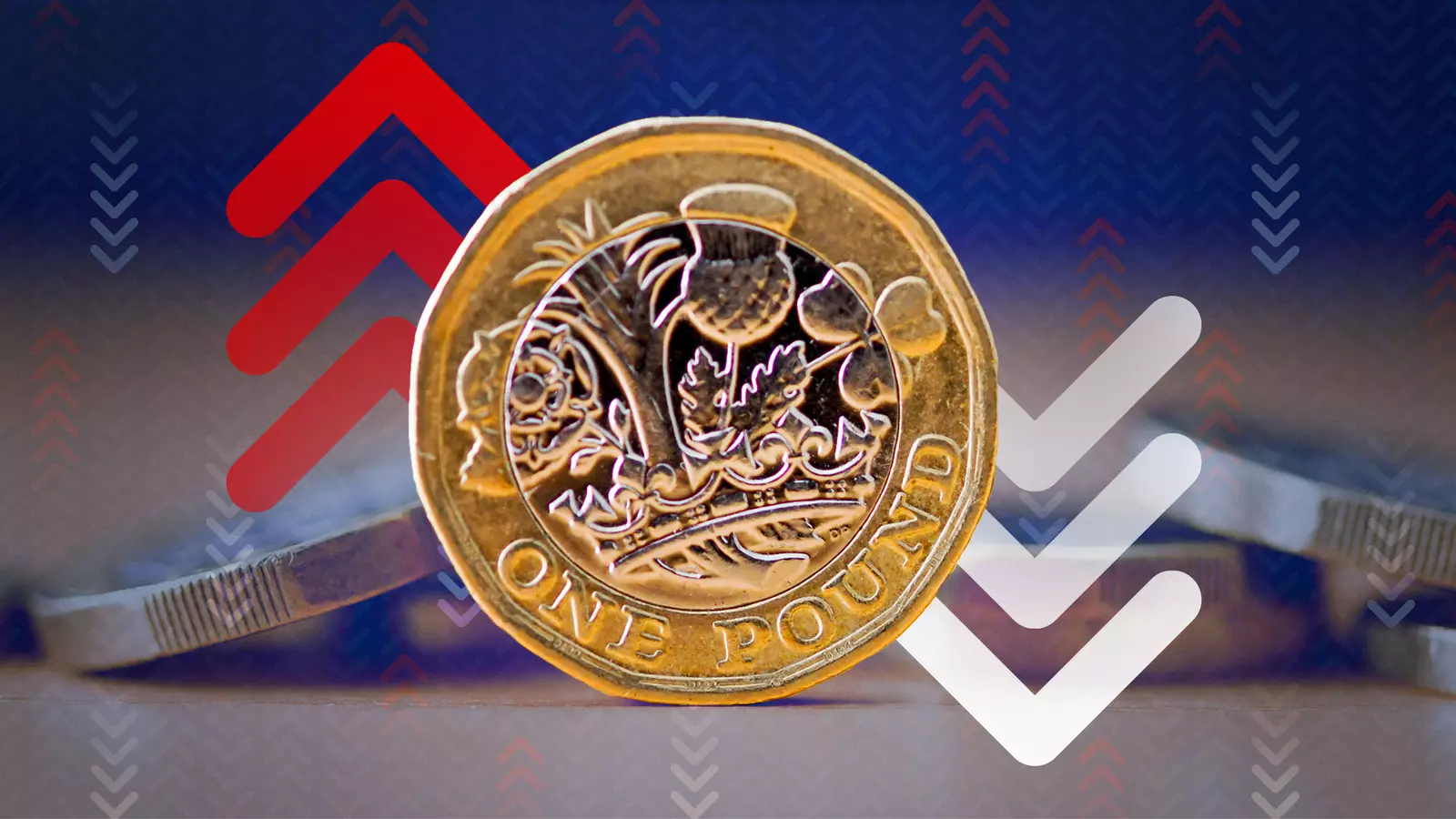According to recent official figures, the rate of price rises has experienced a significant decline. The consumer price index (CPI), a key measure of inflation, dropped to 6.8% in the year to July, down from 7.9% in June, as reported by the Office of National Statistics (ONS). While prices are continuing to rise, the rate at which they are increasing has slowed down. This can be attributed to the energy regulator Ofgem’s modification of the energy price cap in July, leading to reduced bills for consumers.
The decrease in inflation can be attributed to certain goods and services becoming more affordable. Specifically, the prices of electricity, gas, milk, bread, cheese, petrol, and diesel have all experienced declines. However, there are still sectors where prices are increasing. Notably, the hotel and air travel industries have contributed to the high rate of inflation.
Within the realm of inflation, certain sectors have witnessed contrasting trends. For instance, gas prices experienced a record fall, dropping by 25.2% between June and July. This decline marks the most significant drop since the ONS began collecting such data in 1988. Conversely, the cost of services rose to a 30-year record of 7.4%, reaching the highest rate since March 1992. This juxtaposition indicates a complex and multifaceted nature of inflation.
The Bank of England anticipates further decreases in inflation, predicting a rate drop to 5% by the end of the year. However, even if this projection is realized, it will still be more than double the Bank’s target inflation rate of 2%. These forecasts highlight the ongoing challenges faced by policymakers in managing and stabilizing the economy.
Another measure of inflation called core inflation, which excludes food and energy items, remained static at 6.9%. This consistent level is likely to raise concerns among the Monetary Policy Committee members responsible for setting interest rates. Despite a significant decrease from the previous month, food price rises remained seven times higher than a year ago, with a current rate of food inflation standing at 14.9%.
The rate of inflation has gained political significance, with Prime Minister Rishi Sunak making the reduction of inflation one of his key pledges. He has personally assumed responsibility for achieving this goal. However, it is the Bank of England’s responsibility to take measures such as increasing interest rates to make borrowing more expensive and reduce inflation. To date, interest rates have been raised 14 times consecutively, with another increase anticipated in the coming month. The market predicts that the base interest rate could reach 6%.
Several global events have influenced inflation rates. During the pandemic, disruptions in supply chains led to a rise in costs. Additionally, the invasion of Ukraine by Russia and the subsequent competition among Western countries for alternative energy sources further contributed to an increase in energy prices. As a result, the UK’s inflation rate is now back to the level seen during the invasion in February 2022.
With the decline in energy costs, wages have become a key driver of overall price increases. For the first time in nearly two years, private sector wage growth has surpassed the rate of inflation. This shift suggests a changing dynamic in the factors influencing price rises.
Chancellor Jeremy Hunt responded to the figures, stating that the decisive actions taken to tackle inflation have yielded results. According to him, the rate stands at its lowest level since February of the previous year. However, Hunt emphasized that more work is required to achieve the goal of halving inflation and restoring it to the 2% target. On the other hand, Labour’s shadow chancellor, Rachel Reeves, criticized the high level of inflation in Britain compared to other major economies. Reeves attributed the rising energy bills and increased prices in shops to the economic policies of the Conservative party, promising that Labour’s plan would lead to an improved economy and reduced household bills for working people.


Leave a Reply